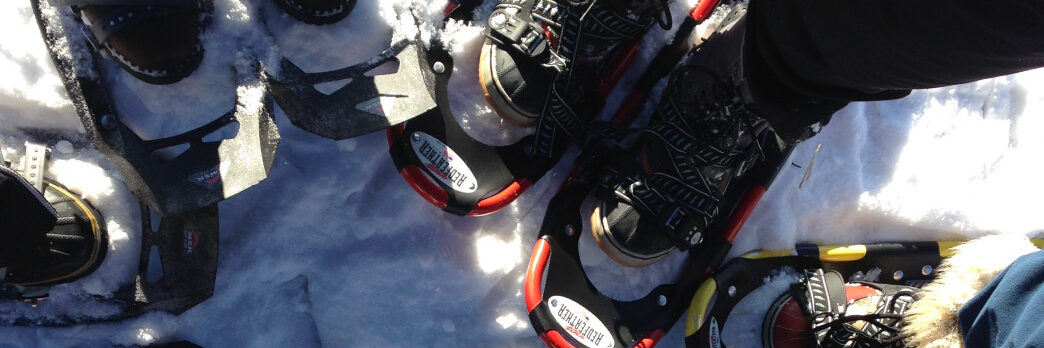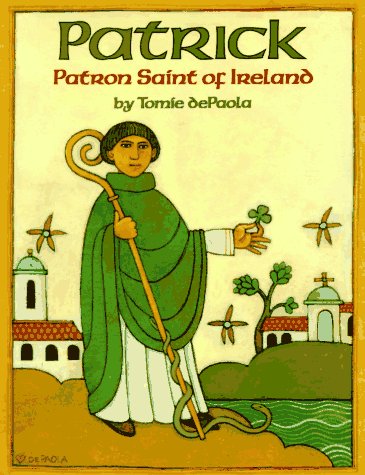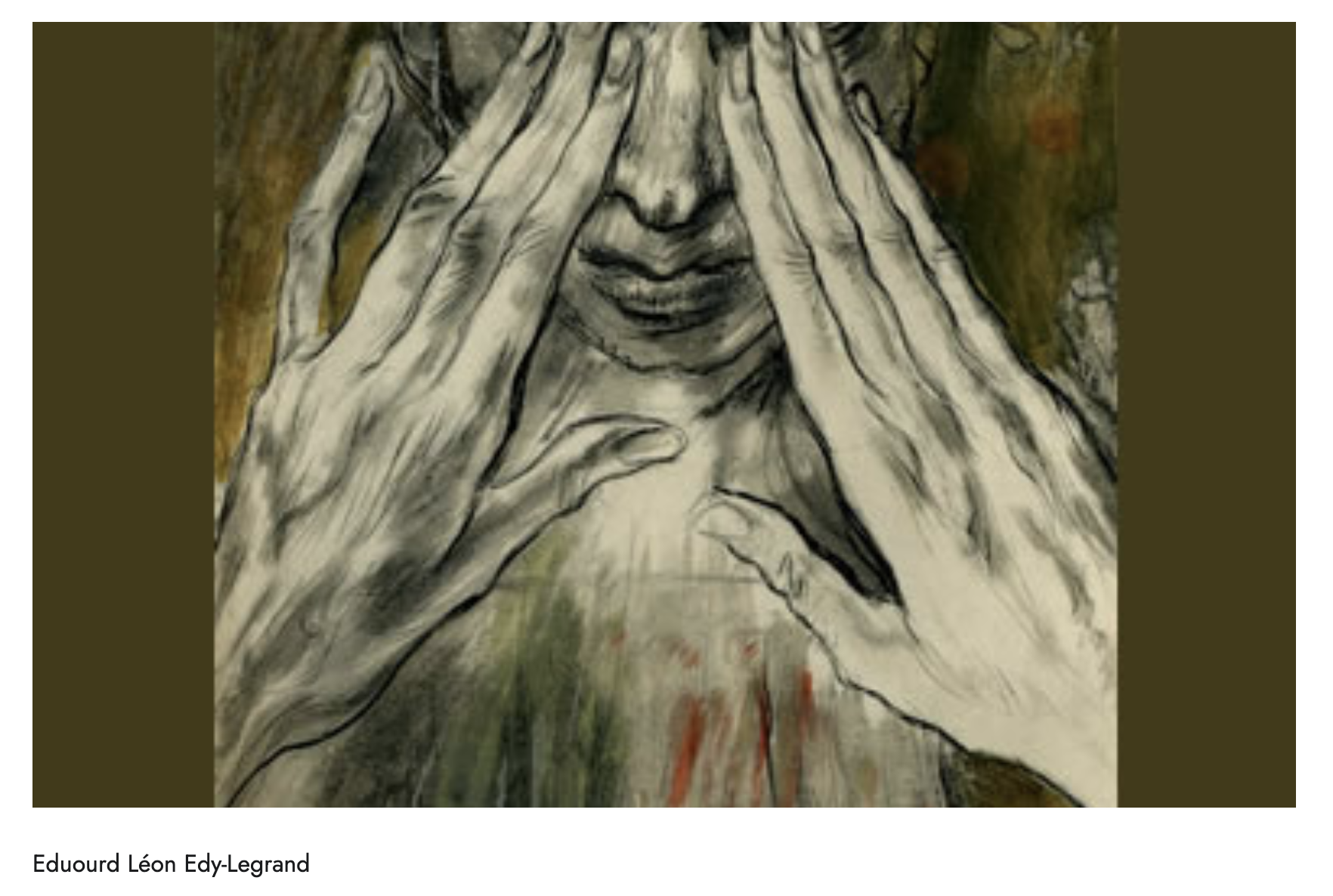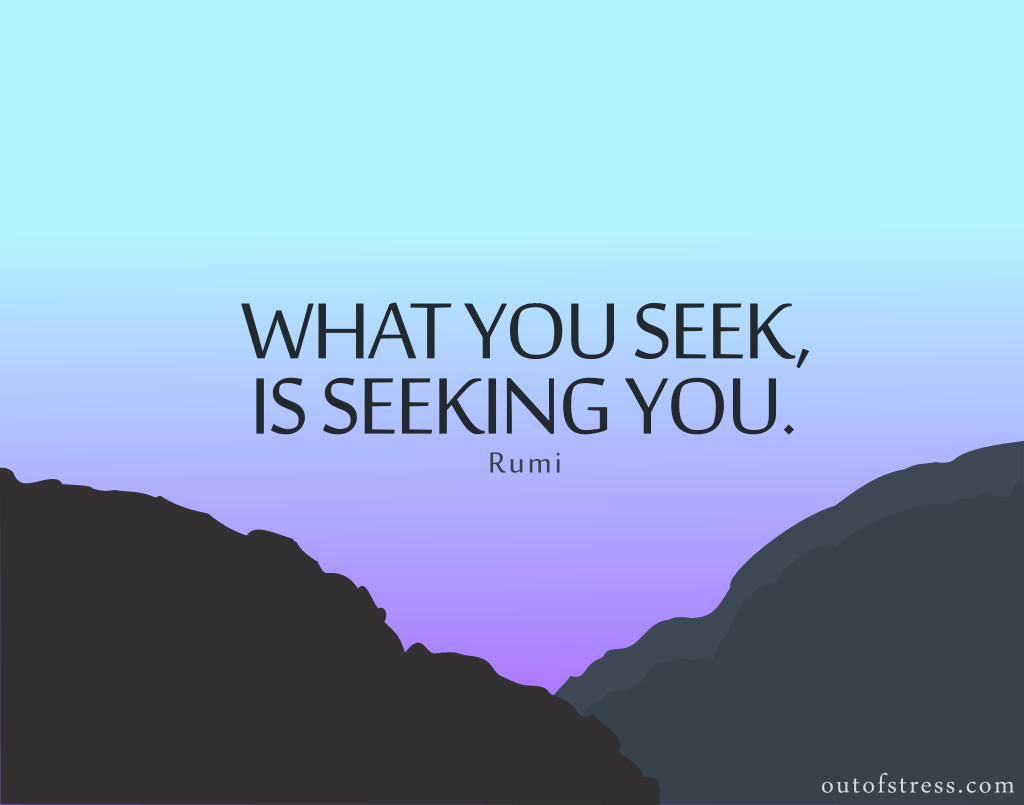Songs by Irish performers, bands, and musicians or songs about Ireland: Saints and Sinners by Paddy Casey: https://youtu.be/yMZSxehxHEc Song for Ireland by Luke Kelly: https://youtu.be/PlJVWV0MfIw Beautiful Day by U2: https://youtu.be/co6WMzDOh1o Drunken Lullabies by Flogging Molly: https://youtu.be/89NjEeHku8o The Auld Triangle by The Punch Brothers with Marcus Mumford and Justin Timberlake: https://youtu.be/ikPvlNndzho Four Green Fields by Sarah […]
Meditation on seeing and blindness: themes from Mark. To what are you called to bear witness? When and how have you been blind in your life, and what or who opened your eyes?
I think we all suffer from acute blindness at times. Life is a constant journey of trying to open your eyes. I’m just beginning my journey, and my eyes aren’t fully open yet. — Olivia Thirlby Love looks not with the eyes, but with the mind … — William Shakespeare Helping, fixing, and serving represent three different […]
Asking, seeking, knocking … beyond binaries and either/or scenarios … the door, the gate, the Way, the narrow path is love. Themes from Matthew 7.
This is why there are times when the most instructive question to bring to the text is not “what does it say?” but “what am I looking for?” I suspect Jesus knew this when he said, “ask and it will be given to you, seek and you will find, knock and the door will be […]
Meditations on blindness and sight, perception and awareness: songs, prayers, poems and brief commentary on themes that rise up in John 9
I think we all suffer from acute blindness at times. Life is a constant journey of trying to open your eyes. I’m just beginning my journey, and my eyes aren’t fully open yet. — Olivia Thirlby Love looks not with the eyes, but with the mind … — William Shakespeare I have looked into your […]
Reflections on water, wellsprings, and milestones such as upcoming graduation
In a season of drought, let’s focus on water stewarsdhip and appreciation. Let’s also consider its spiritual resonances, and take time to savor upcoming milestones such as graduations. Songs about water: Something in the Water by Carrie Underwood (country/Christian) Hold Back the River by James Bay (pop ballad) Black Water by the Doobie Brothers (country) […]




